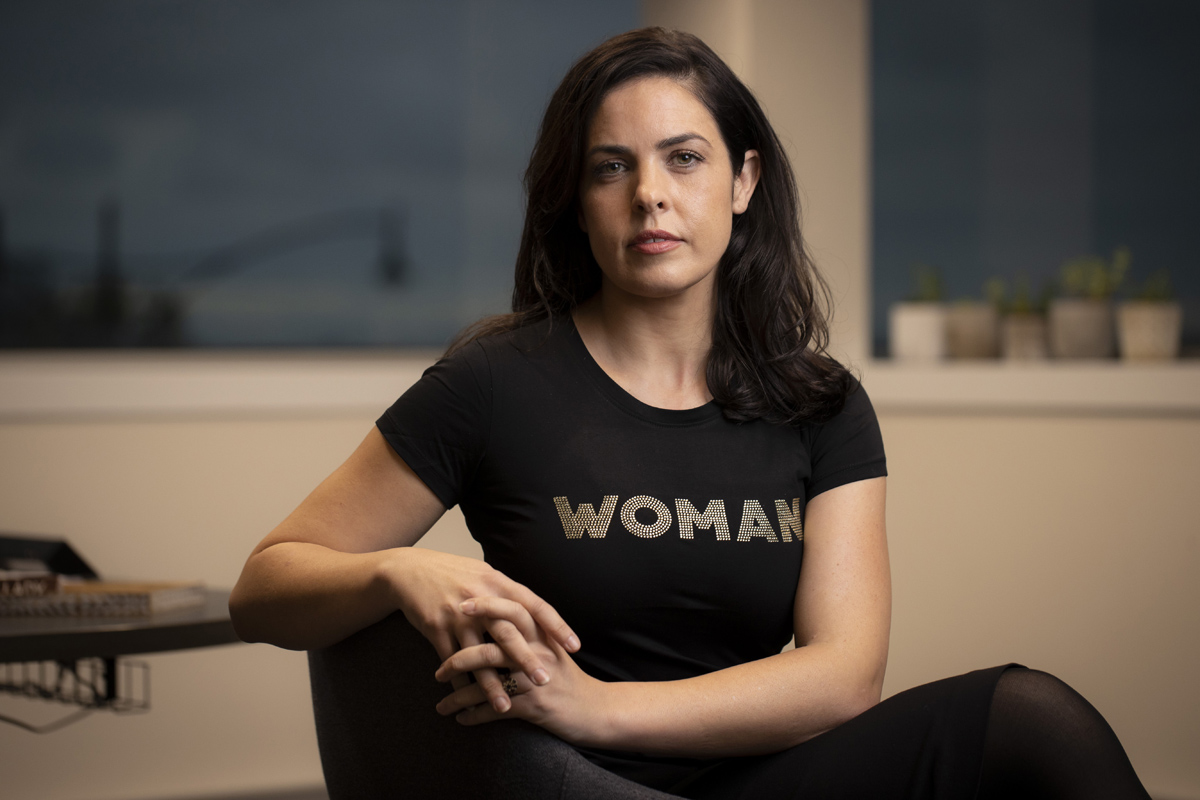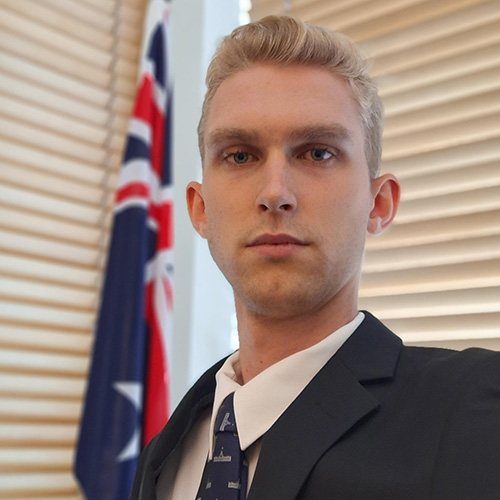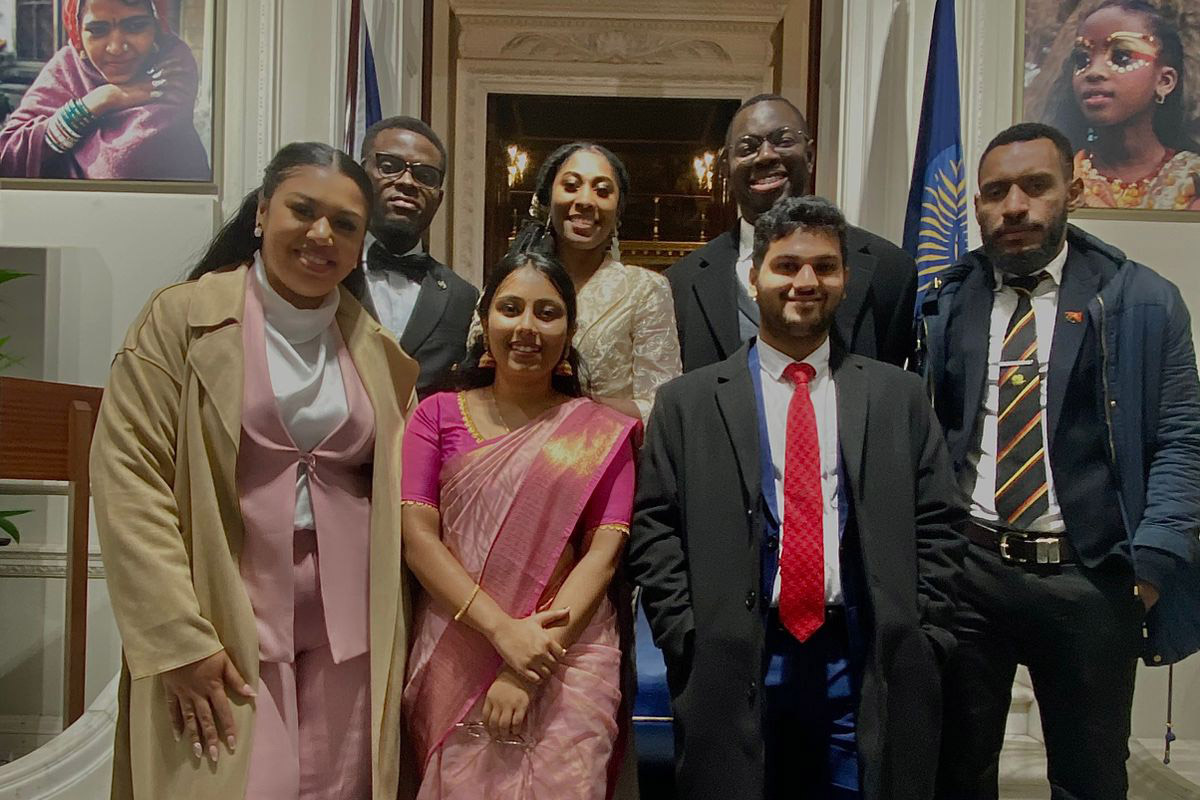UN Special Rapporteur calls out rising intimidation of female sex-based rights campaigners
June 1by Cody Mitchell
The United Nations’ Special Rapporteur on violence against women and girls, Reem Alsalem, has recently expressed deep concern with an “escalation of intimidation and threats” against women and girls on matters of sex, gender, and gender identity.
It comes as debate rages in Australia over the ongoing conflict between transgender activists and advocates of sex-based women’s rights.
In mid-May, a female member of the Victorian Parliament in Australia was controversially expelled from her party following her attendance at a Let Women Speak rally in Melbourne.
Moira Deeming and the Let Women Speak Rally

Just four months into her job as a parliamentarian in Victoria’s Legislative Council, Moira Deeming was one of a number of speakers at the rally—organised by UK feminist activist Kellie-Jay Keen to advocate for sex-based rights.
The event attracted an aggressive counter-protest from transgender activists and was later gate-crashed by a small group of neo-Nazis.
While Deeming and the event organisers condemned the extremist group, critics were quick to assert—without credible evidence—that the two groups were really aligned.
The Labor Premier of Victoria, Daniel Andrews, characterised the women’s rights advocates as “anti-trans”, even going so far as to imply that the Nazis were participants in the Let Women Speak rally:
“…Yesterday, anti-trans activists gathered to spread hate. And on the steps of our Parliament, some of them performed a Nazi salute.”
He continued: “They were there to say the trans community don’t deserve rights, safety or dignity. That’s what Nazis do. Their evil ideology is to scapegoat minorities – and it’s got no place here. And those who stand with them don’t, either.”
The Liberal Party Reacts to the Allegations
Following the outcry and allegations of Nazi sympathies, John Pesutto, the leader of Deeming’s political party, quickly declared his intent to expel the junior MP from the Victorian Liberal Party as a punishment for her involvement in the rally.
However, during a heated party room meeting—according to leaked minutes—Pesutto’s expulsion motion encountered unexpectedly strong opposition. Sky News commentator, Peta Credlin, explained the turn of events:
“[Pesutto] moved his expulsion motion when the meeting opened at 10 am. He spoke as did the other three members of his leadership team. And then over ten colleagues got up, one by one, to defend Deeming, and her cause of defending women’s rights.”
When Deeming spoke, she highlighted the absurdity of being accused of Nazi sympathies when she was herself “largely raised” by her uncle—a Jewish Holocaust survivor.
The support for Pesutto’s motion had effectively evaporated, forcing the leader to seek a compromise.
The motion that ultimately passed temporarily suspended Deeming from the party room. According to the leaked minutes, Pesutto also agreed to release a statement exonerating her from any association with Nazism.
The statement was never released—Pesutto denying he had ever made such an association—prompting Deeming to threaten legal action to clear her name. But Pesutto refused to back down.
Instead, he supported a second motion to finally expel Deeming from the party.
This time, Pesutto had the numbers. The motion passed, and Deeming was expelled, while fellow first-term female MP and Deeming supporter, Renee Heath, was also punished.
The United Nations Intervenes
The statement from Alsalem was released shortly before media revealed that the top UN official had offered to help Deeming file a human rights complaint following the party’s initial expulsion attempt.
According to The Australian, Deeming declined the offer because she was at the time still hopeful that the matter could be resolved internally.
In the statement, Alsalem cited “the incitement of hatred, (including) the frequent tactic of smearing women, girls and their allies … as ‘Nazis’ … and ‘extremists’”. She gave the example of “women politicians who have been sanctioned by their own political parties with a threat of dismissal or actual dismissal”.
The statement emphasised the importance of freedom of expression in discussions on “gender-affirming” care; sex and gender definitions, and “the specific needs of women born female”.
A petition launched by the Australian Women’s Forum calling for Deeming’s reinstatement gained over 1300 signatures within three hours of its release.
The ongoing saga highlights the rising—and often complex—tensions between transgender activists and women’s sex-based rights campaigners.






